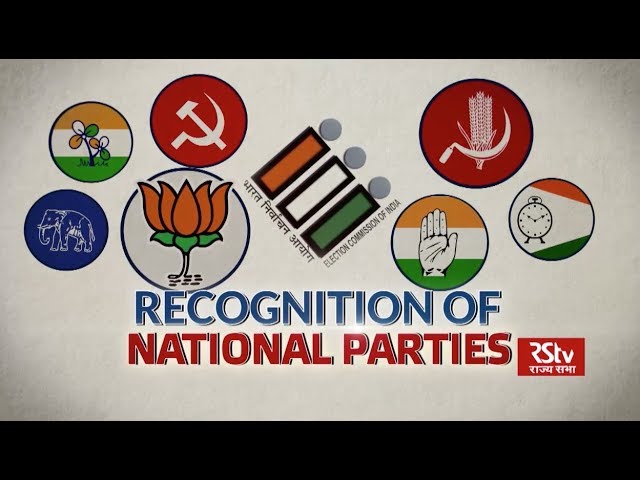Recent Posts
Subscribe
Sign up to get update about us. Don't be hasitate your email is safe.

 Article
Article
Main article: Election Commission of India
The Election Commission of India (ECI) is a constitutional body established by the Constitution of India empowered to conduct free and fair elections in India. The Election commission is headed by a Chief Election Commissioner and consists of two other Election Commissioners.
At the states and union territories, the Election Commission is assisted by the Chief Electoral Officer of the state or union territory (CEO), who leads the election machinery in the states and union territories. At the district and constituency levels, the District Magistrates/District Collectors (in their capacity as District Election Officers), Electoral Registration Officers and Returning Officers perform election work.
The Election Commission operates under the powers granted by Article 324 of the Constitution and subsequently enacted Representation of the People Act. The state election commissions are responsible for conducting local body elections in the respective states. The election commission decides the dates for the filing of nominations, voting, counting and announcement of results.
Main article: Vice President of India
The Vice President of India is the deputy to the head of state of the Republic of India, i.e. the president of India. The office of vice president is the second-highest constitutional office after the president and ranks second in the order of precedence and first in the line of succession to the presidency. The vice president is also the ex officio chairman of the Rajya Sabha.
Article 66 of the Constitution of India states the manner of election of the vice president. The vice president is elected indirectly by members of an electoral college consisting of the members of both Houses of Parliament and not the members of state legislative assembly by the system of proportional representation using single transferable votes and the voting is conducted by Election Commission of India via secret ballot. The vice president also acts as the chancellor of the Panjab University and Delhi University.
"One Nation, One Election" is an initiative proposed in India to synchronize the schedules of the Lok Sabha (House of the People) and state legislative assembly elections. The concept aims to conduct simultaneous elections for both central and state governments, a practice that was prevalent until 1967. Advocates argue that this approach would significantly reduce the burden on the public exchequer, minimize the disruption caused by frequent elections, and ensure more consistent policy implementation. However, it faces challenges, such as the logistical complexities of conducting elections on such a large scale and concerns over the potential impact on the federal structure of governance. The proposal continues to spark significant debate among political parties, constitutional experts, and the general public in India.[14][15]
Simultaneous elections were common in India until 1967, but the practice ended due to the premature dissolution of some state assemblies and the Lok Sabha in the late 1960s and early 1970s. The idea has been periodically revisited, with significant push in recent years from Prime Minister Narendra Modi and the Bharatiya Janata Party.[14]